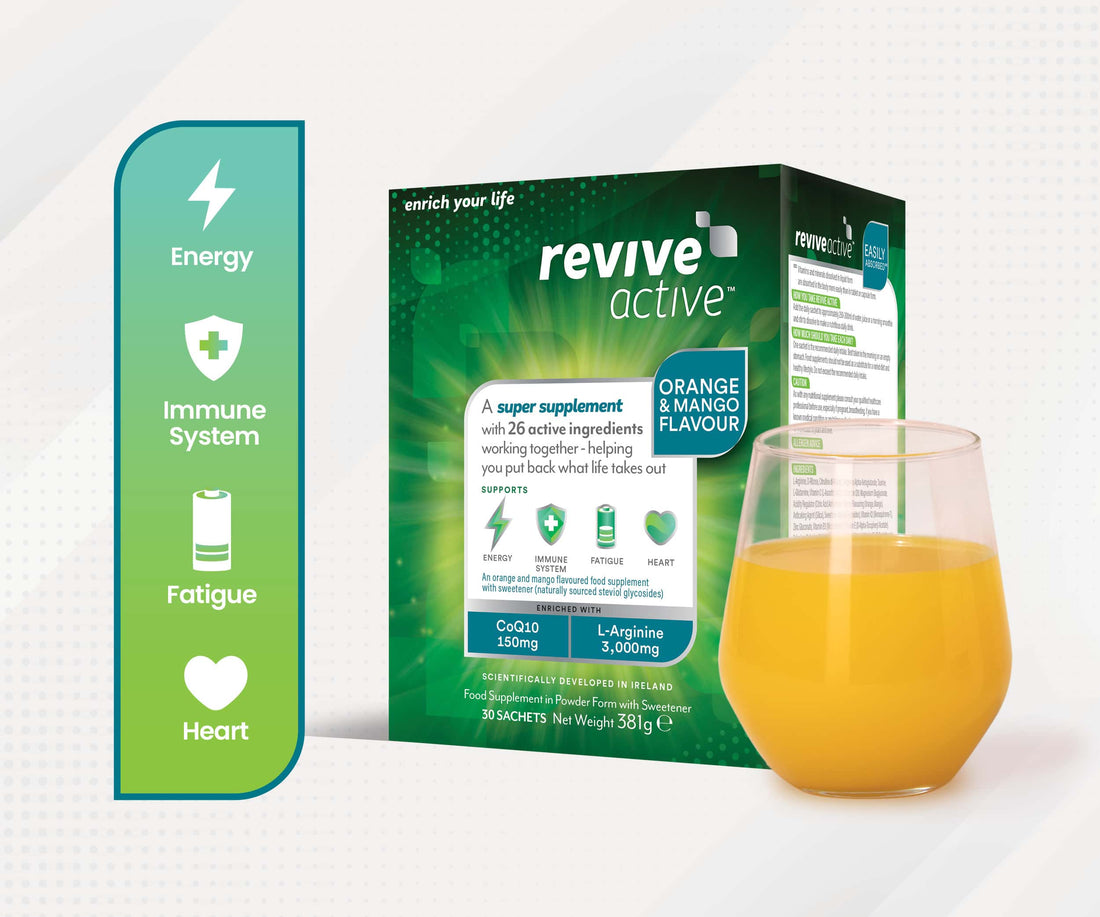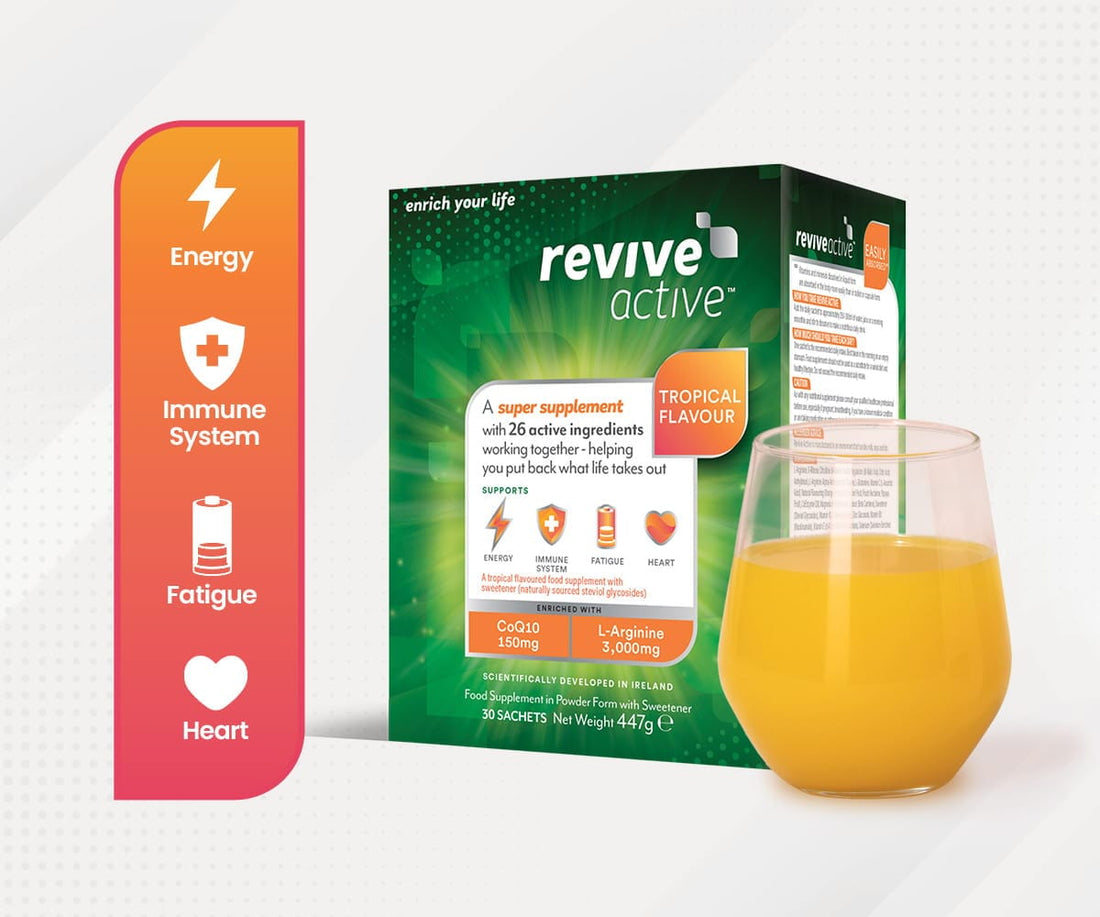Zinc supplementation for the immune system | What to look for in an immunity supplement
Updated
Zinc is a trace element in the body that we cannot make ourselves. We need to obtain zinc from dietary sources, including oysters, crustaceans, red meat and legumes. Elemental zinc has many functions in the body, including DNA synthesis, macronutrient metabolism, cognitive function, and immune system function. Therefore, we must have adequate zinc serum concentration for optimal health.
Dietary sources of zinc can be variable, while food supplements can provide accurate doses of vitamins and minerals. They are also a convenient way to boost your micronutrient intake daily. Immune-boosting supplements exist to support you with all of the vitamins that healthy immune function requires.
Here, we discuss how zinc is involved in the immune system and why you might specifically want to consider supplementation with this mineral. We cover the qualities of a good supplement and how to choose the best one for immune health.
Click on a link to jump to that section:
Learn about the direct and indirect impacts of zinc on the immune system
Discover the benefits of zinc in the body and why you may want to supplement with this mineral
Learn about the possible risks of zinc supplements and how to supplement with this mineral safely
Understand what to look out for in an immunity supplement with zinc
We answer the most common questions
How does zinc help the immune system?
The immune system has many moving parts, and when certain components don’t function properly, it has a knock-on effect on the whole system. Zinc acts directly and indirectly on the immune system. Firstly, zinc is a co-factor for over 300 enzymes, including some involved in the immune response. Zinc deficiency has also been indirectly linked to reduced immune cell (specifically T cells and B lymphocytes) activity and, subsequently, a reduced immune response. Zinc also directly affects the production, maturation and function of specific immune cells found in the bone marrow, called leucocytes.

The benefits of zinc supplementation
As briefly mentioned, zinc is essential for numerous functions in the body, including:
- The normal functioning of the immune system
- DNA synthesis
- Macronutrient (carbohydrate & fatty acid) metabolism.
- Protein synthesis
- The maintenance of normal cognitive function
- Vitamin A metabolism
- The maintenance of normal hair, nails, skin and bones
- The maintenance of normal testosterone levels in the blood
- The maintenance of normal vision
- Contributes towards the protection of cells from oxidative stress
- Contributes to normal cell division
Since we rely on zinc for many of the body’s processes, it is essential to consider dietary supplementation to get adequate levels of zinc daily. Vegans may want to pay particular attention to zinc intake since it is found predominantly in animal products, including shellfish, red meat, and organ meat. Zinc tablets are an affordable and convenient way to increase your intake; however, there are specific issues to bear in mind before taking a daily zinc supplement.

How to take a Zinc supplement
When you start mineral supplementation, there are three things to consider: necessity, dosage and combinations.
Necessity
Taking extra zinc can be a good idea; however, your supplement could be doing more harm than good if you don’t have a zinc deficiency or low serum zinc levels. Minerals can often have antagonists; you need to have the correct balance of nutrients for optimal health. Copper is the most critical antagonist of zinc. If you take a supplement when you don’t have a zinc deficiency, you run the risk of reducing copper availability in the body, potentially leading to other health problems.
Dosage
Adults need between 7-9.5mg of zinc per day for optimal health (NHS England). Young children (1-3) need 5mg daily, 4–6-year-olds need 6.5mg, 7-10 year-olds need 7mg daily. Finally, older children (11-14) need 9.5mg daily. Significantly exceeding this dosage can lead to side effects, including:
- Nausea
- Vomiting
- Headaches
- Stomach cramps
Over 25mg of zinc can also prevent the absorption of copper and iron.
Combinations
Since high levels of zinc can impact mineral absorption (mainly copper), taking a multivitamin supplement with key zinc antagonists may be useful to avoid mineral imbalances.
Choosing a daily immune supplement containing zinc
Combined immunity supplements containing zinc may provide a practical approach to immune support. In this section, we discuss what makes a good immunity supplement.
Formula
You can choose tablet or capsule supplements which can be convenient but contain fillers, binders and casings, which may not be preferable. Moreover, vitamin doses in tablets can be quite low. Alternatively, you can choose powdered supplements with no fillers, binders or casings. Zest Active powdered supplements are scientifically formulated to effectively deliver eight essential vitamins and minerals to support the immune system in the right balance for adults.

Ingredients
The top ingredients to look for in an immune supplement are vitamin C, vitamin D3 and zinc. Other immune-boosting nutrients include vitamins B12, B6, selenium, folate and copper. Copper and zinc are antagonistic, meaning they must be balanced in the body. It is, therefore, beneficial to include copper in your zinc supplement. Better still, you could choose a multi-nutrient supplement containing several ingredients to support immune health.
Convenience
We have discussed the importance of choosing the best formula for your supplement needs; convenience will also play a part in your decision. This is why Revive Active supplements are all powdered and individually portioned into daily sachets. These compact supplement sachets can be added to water, juice or smoothies. Our delicious Zesty Orange supplement is even sugar-free and vegan.
Frequently Asked Questions
Can you take zinc and vitamin C together?
It is safe to take vitamin C and Zinc together. In fact, both of these ingredients are essential for a normal immune response. However, with the potential risks of high doses of zinc, it may be beneficial to choose a carefully formulated immune supplement.
Can vitamin d be taken with zinc
It is safe to take vitamin D with zinc; these are both essential for normal immune function. Again, it may be safer to choose a pre-dosed supplement to avoid improper doses of zinc that could lead to nutrient imbalances or unwanted side effects.
Is it okay to take a zinc supplement daily
Zinc is safe to take daily. However, the NHS recommends taking no more than 25mg daily. Ensure you take a balanced multivitamin supplement that contains a controlled dosage of zinc.
Shop related products
What to read next
Vitamin C for the immune system
Vitamin D for the immune system
Best vitamins for the immune system
Finding the best immune supplement
Choosing an immune supplement for adults
Choosing an immune supplement for older adults




